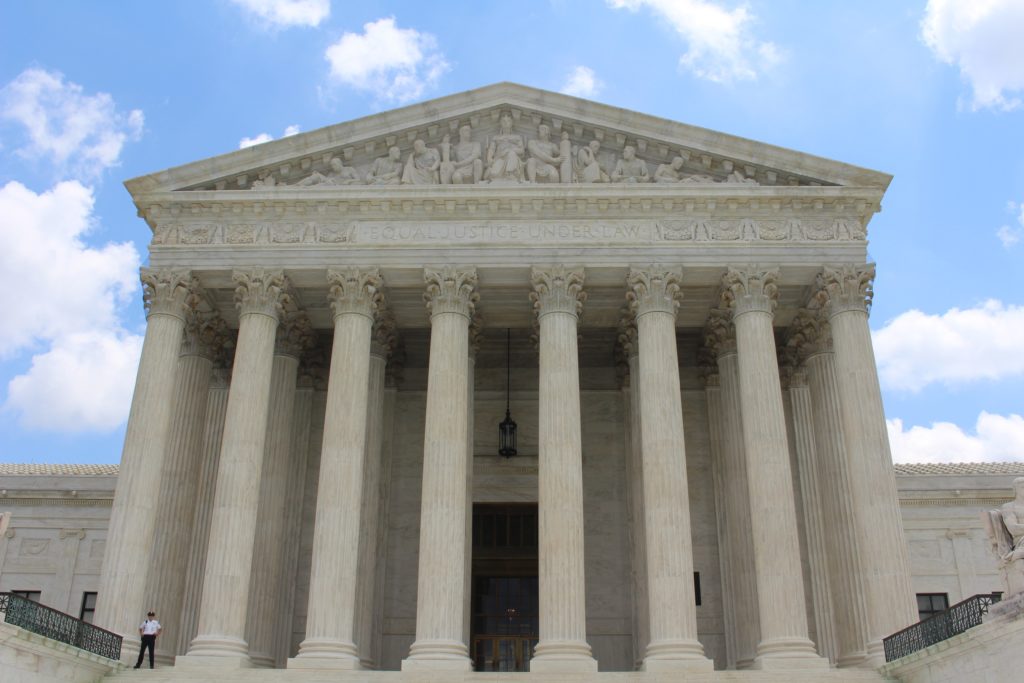It’s never easy to tackle highly-charged issues in the classroom. The recent furor over whether Brett Kavanaugh is fit to serve as a Supreme Court Justice is particularly complicated. The Kavanaugh hearings have sparked emotion and controversy across a range of issues: huge outpourings of stories from survivors of sexual assault, arguments about political partisanship and executive privilege, and questions about why we would consider forgiving a young man’s mistakes when the once-young man is white and upper-class when we try young men of color as adults for crimes with mandatory minimum sentences, to name but a few.
I’m amazed at how quickly some folks have created high-quality resources for teachers. Facing History and Ourselves offers an excellent guide to approaching the Kavanaugh hearings with students. The guide offers video and text materials to ensure all students have a common base of factual knowledge from which to draw as they consider reflection questions and write their responses privately before moving into small groups or a whole-class discussion.
PBS News Hour also offers an in-depth guide including video not just of the hearings themselves, but of teens’ responses to questions like “How and when should adults be held accountable for their behavior as children or teenagers?”
A big fear that may hold some teachers back from taking on the topic stems from concern that a student might disclose a personal experience with sexual assault. Teaching Tolerance talked with experts from the National Association of School Psychologists about what to do if that should happen. The National Education Association offers a guide to best practices that goes into detail about what to tell students about a teacher’s role as a mandated reporter.
For a concrete lesson plan, I have to give a shout-out to my friend Ray Salazar, author of The White Rhino blog. In a recent post, he described how his seniors examined the opening statements in the trial of Jason Van Dyke, the Chicago police officer accused of shooting Laquan McDonald. Ray is a fan of the classic Greek rhetorical triangle: ethos (credibility), logos (logic) and pathos (emotional appeal), and his students argued in depth about which statement had deployed all three elements of the triangle most effectively. It wouldn’t be hard to apply the same analytic frame to the opening statements made by Blasey Ford and Kavanaugh last week.
If you’re a teacher who has already had some training with Facing History and want to pick up some great curricular materials, come by their Resource Party on October 11. Details here.
Photo by Claire Anderson on Unsplash
Maureen Kelleher
Latest posts by Maureen Kelleher (see all)
- CPS Parents Wanted for Research Study - March 27, 2023
- Tomorrow: Cure Violence with #Belonging - August 17, 2022
- Still Looking for Summer Camp? - June 13, 2022
